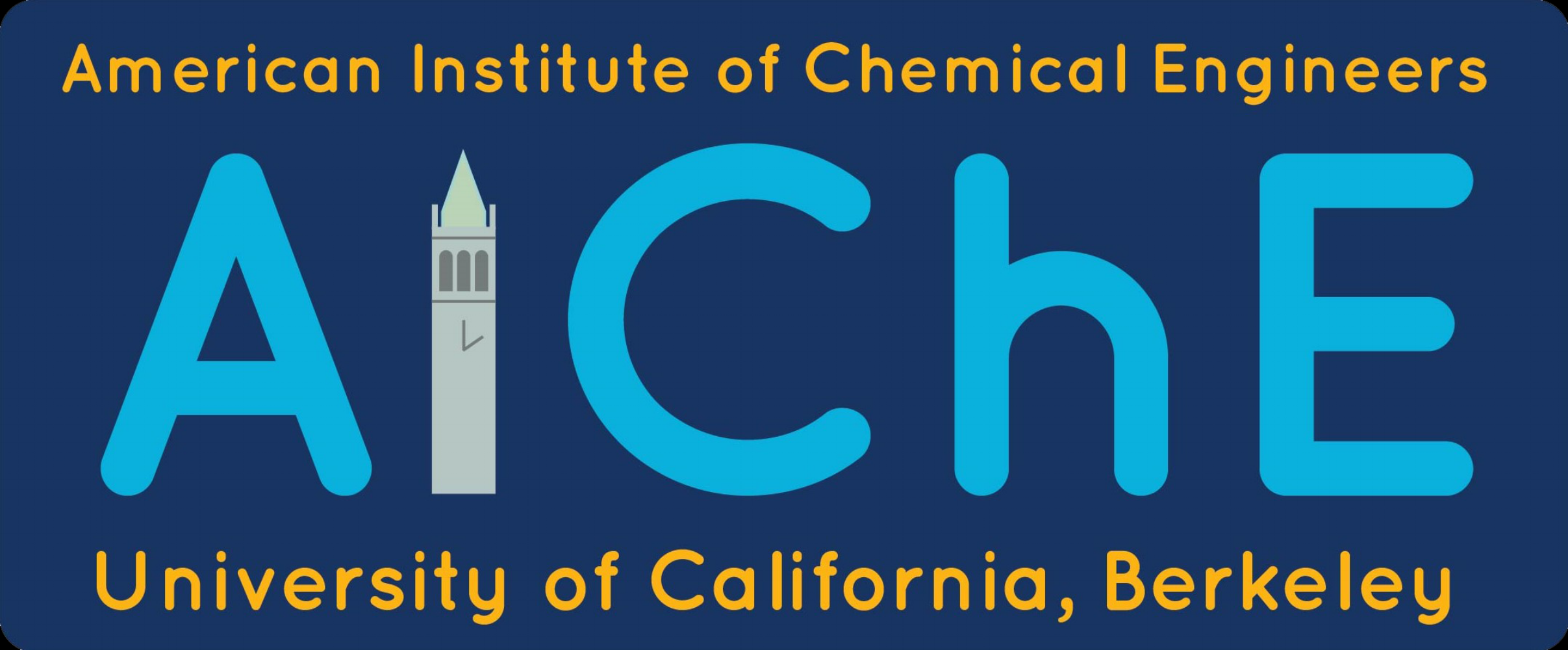CBE 150A
Course Number: CBE 150A
Course Name: Transport Processes
Units: 4
Offered: SPRING
Requirement Satisfied: CORE
Concentration(s):
Past Professors: Mandadapu
Summary: This class really goes in depth regarding the complexity of fluid mechanics, as well as an introduction to heat transfer. Previous classes introduced the concept of energy and mass balances, but 150A also introduces the concept of momentum balances. The class goes in-depth regarding derivations of the Navier Stokes equations for fluid flow, the engineering Bernoulli equations, and the usefulness of dimensionless numbers to obtain better understanding of a system. Lecture with Mandadapu is awesome, as he's a great lecturer that's very organized (writes on paper that's projected by the document camera) and easy to follow.
Official Prerequisites: CBE140, Math 53, Math 54, Physics 7A
“Legit” Prerequisites: CBE140 probably the most important class, as is math 54 (understanding how differential equations work is nice, but it's not too complicated in this class. just learn how to separate variables and integrate)
Topics Covered: 1. continuity and barometric equation
2. fluxes and driving force in transport processes
3. conservation of momentum, Engineering Bernoulli equation
4. Friction Factor and Drag Coefficients
5. Cauchy Momentum and Navier Stokes equations
6. fluid boundary layers, turbulent and laminar flow regimes
7. Heat transfer and Energy balances
8. modeling heat exchangers
Workload: Weekly problem sets graded for accuracy, two midterms. Problem sets are usually very challenging and will require multiple days/office hours to complete thoroughly. Rudimentary answer key was available but did not always help; rely on your GSI's for homework help!!
When to take: Sophomore Spring
"What’s next" Courses: CBE 150B
Usefulness for research / internships: This is one of the first courses that will be valuable for chem E focused positions. Mass transport and an understanding of such phenomena is generally useful in chemical engineering, if not only to supplement your intuition.
Added Comments or Tips: Lecture is highly recommended and almost necessary for success based on how effective Mandadapu is. He does move very quickly however, so try not to miss lecture (or find a friend with thorough notes as he usually does not upload his lecture notes). Tests are quite challenging; midterms are one hour and consisted of one short problem and one long problem. The final was 5-6 longer problems; a cheat sheet was allowed for the midterms but not the final (a formula sheet with Navier stokes and other equations was given). Test averages were between 50 and 60%.
